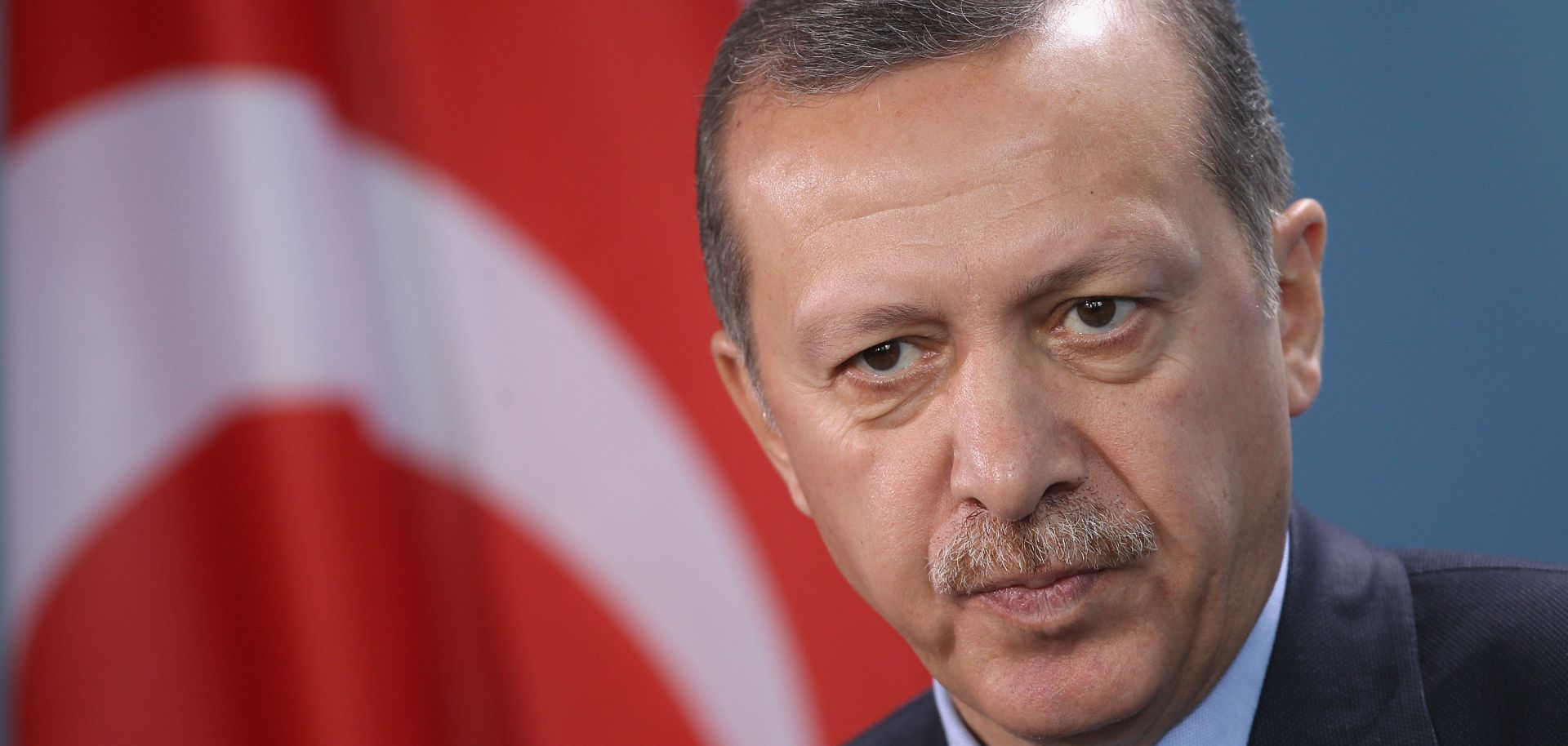GLOBAL PERSPECTIVES
Turkey's President Takes a Victory Lap

Feb 2, 2018 | 08:00 GMT

Since becoming Turkey's first popularly elected president in 2014, Recep Tayyip Erdogan has worked to steadily increase the powers of his office. His efforts will culminate in 2019, when he runs for another term, this time as his country's first executive president.
(SEAN GALLUP/Getty Images)
Highlights
- Following a referendum vote on sweeping constitutional changes in April 2017, Turkey's government will transition from a parliamentary democracy to an executive presidency after the next presidential election in 2019.
- The odds of a free and fair election are slim given the measures incumbent President Recep Tayyip Erdogan has taken — and the further measures he will take — to ensure he comes out on top.
- Though former President Abdullah Gul would be Erdogan's most credible challenger, he is unlikely to run in the next presidential race.
Proceed to sign up
Register NowAlready have an account?
Sign In